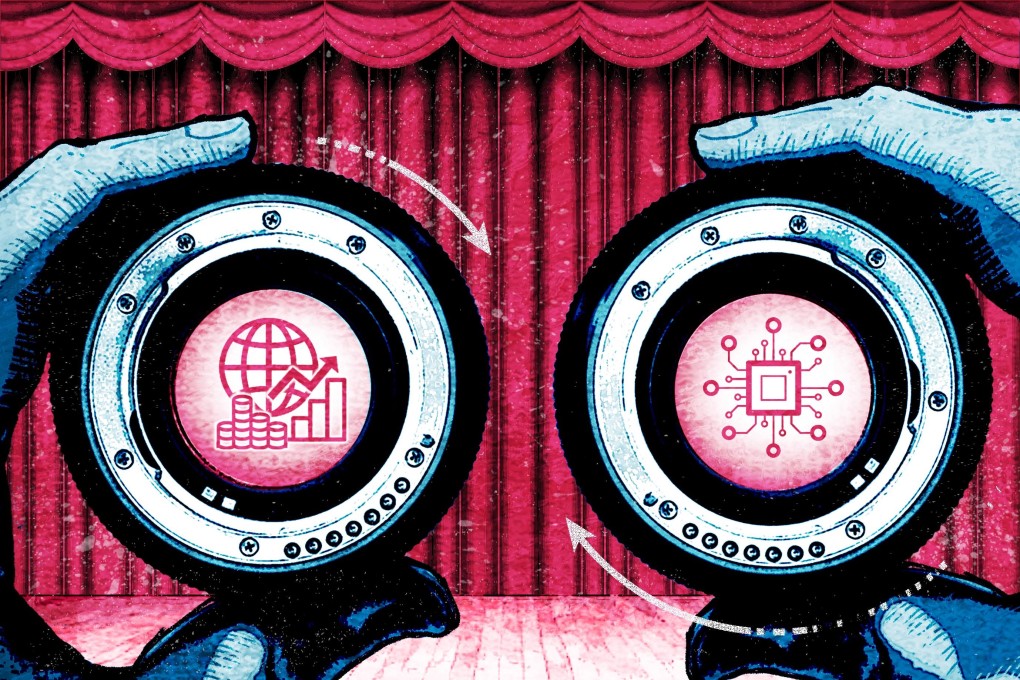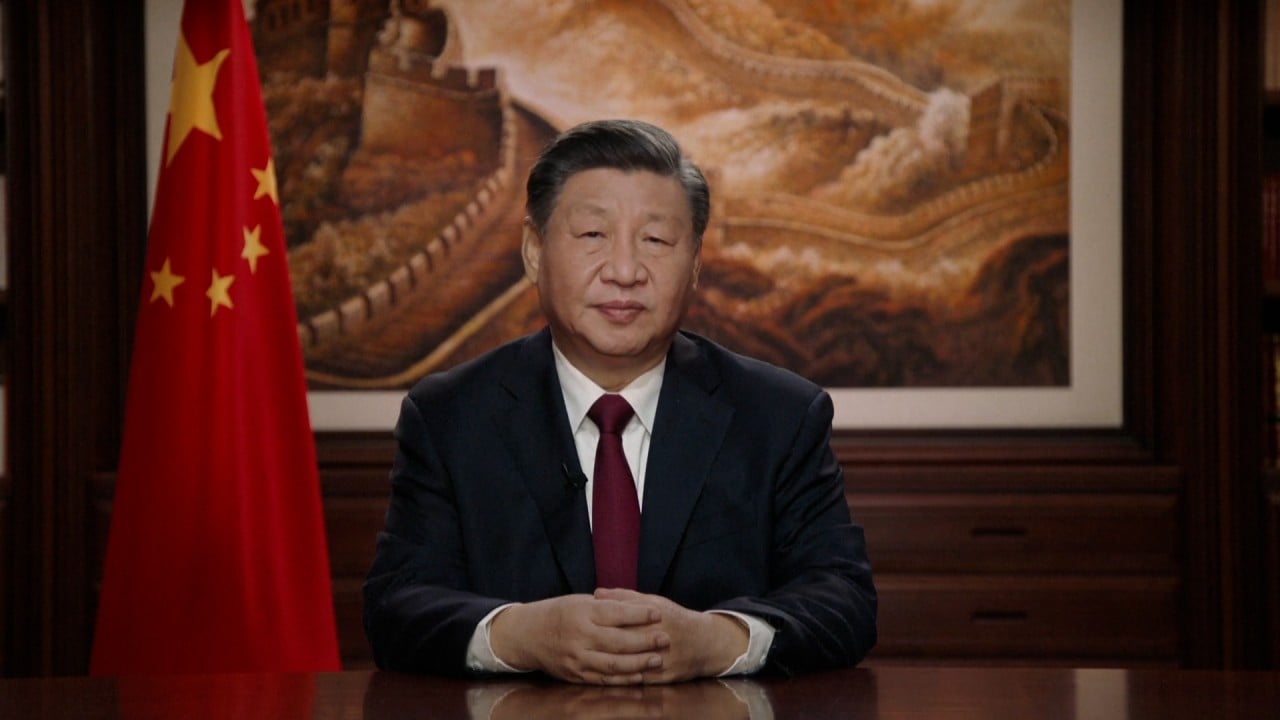Advertisement
Xi Jinping to focus on economic stability, technological self-reliance in China after ‘two sessions’, analysts say
- Two sessions will see dozens of new faces assigned to government positions
- But key decisions will continue to be made by president and party chief Xi Jinping
Reading Time:6 minutes
Why you can trust SCMP
19

Jun Maiin Beijing
This year’s “two sessions” – the annual meetings of the legislature and political advisory body – begin on March 4 and will complete a twice-a-decade leadership transition, with a reshuffle of top government jobs including the premier, and Xi Jinping set to secure a third term as president. In the first of a six-part series on what to expect from this key event, Jun Mai looks at the general political direction in China.
Advertisement
According to China’s political calendar, with its top government positions in five-yearly transition mode and the lame ducks on their way out, the past four months or so should have been mundane.
No surprises were expected until next month’s annual session of the national legislature, when dozens of news faces promoted from the Communist Party’s rank and file at October’s party congress will be assigned to their government positions.
But the past few months have been anything but uneventful, with President Xi Jinping, who secured third term as party general secretary at the congress, overseeing the abrupt abandonment of China’s almost three-year-old zero-Covid policy.
The annual meetings of the National People’s Congress (NPC), China’s legislature, and its top political advisory body, the Chinese People’s Political Consultative Conference (CPPCC), are collectively known as the “two sessions”.
Advertisement
With Xi’s new team to be fully in place by the time the NPC meeting closes in about two weeks, experts said Beijing was likely to return to policy normality and focus on long-term goals such as technological self-reliance.

Advertisement
